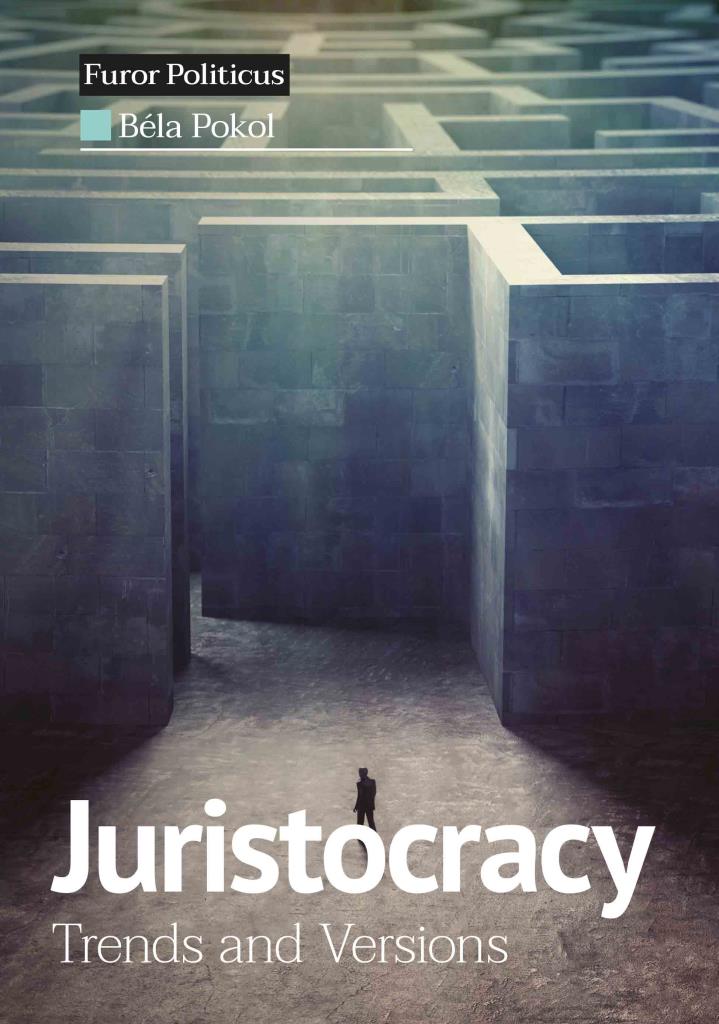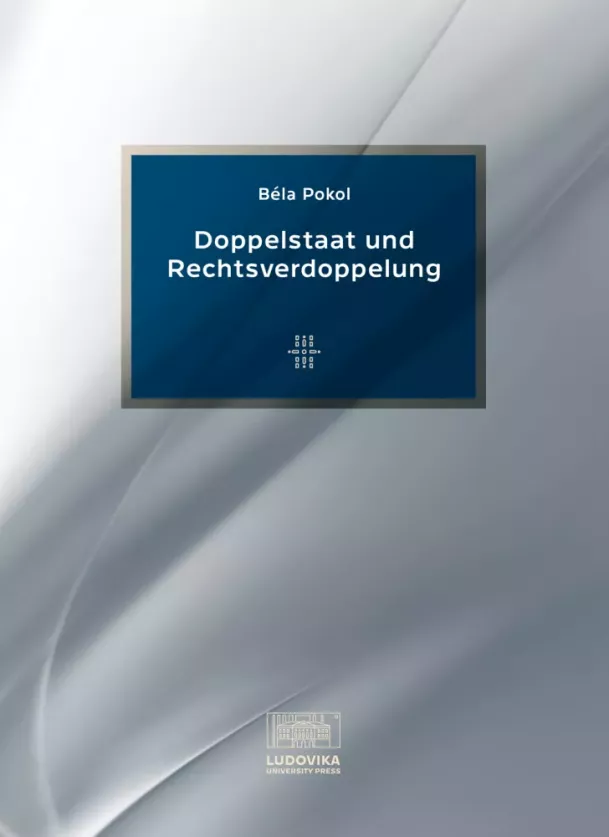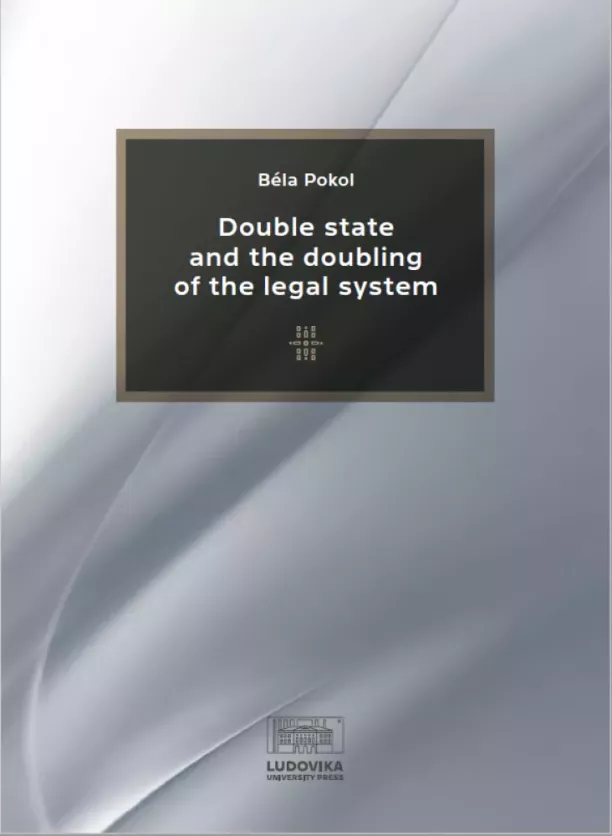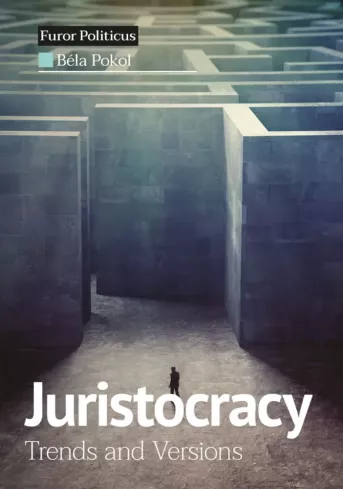
A kép illusztráció
Szállítás:
1-3 munkanap
Készleten
Korábbi ár:
3 343 Ft
Borító ár:
4 990 Ft
Rendeléskor fizetendő online ár:
4 242 Ft
Béla Pokol (1950 –) is a professor of law and a Judge of the Constitutional Court. He was an MP between 1998 and 2002. He has a wide teaching activity and...
Leírás
Raktári kód:
197905
ISBN:
9786155164804
EAN:
9786155164804
Megjelenés:
2021.
Kötésmód:füles, kartonált
Oldalszám:
484
Nyelv:
angol
Béla Pokol (1950 –) is a professor of law and a Judge of the Constitutional Court. He was an MP between 1998 and 2002. He has a wide teaching activity and published more than forty books.
The book analyzes the processes by which democratic states are increasingly transformed into ones of a juristocratic nature in a number of countries in the Western world. This is essentially created by the wider and wider competences of constitutional courts. In the juristocratic state the final decisions are made by the supreme court or constitutional court. The constitutional courts are at the center of these developments, and thus the book's analysis starts with an examination of the changes by which the originally limited constitutional courts were transformed into chief organs of the state.
The book removes the taboos over the research of the creation of the German Basic Law and shows that the path towards ever-growing constitutional courts has been created by the occupying U.S. military government explicitly in order to limit democracy. This later became the beginning of the juristocratic state. This state operation has a special legitimacy base. Apart from some share-out in the principles of democracy, the justification of the state's decisions is here that these decisions are always made by deduction from the constitution. This special legitimacy makes it a top priority for examining how the decision-making processes of the constitutional court actually take place and whether there are structural distortions in deriving these decisions from the constitution.
The book analyzes the processes by which democratic states are increasingly transformed into ones of a juristocratic nature in a number of countries in the Western world. This is essentially created by the wider and wider competences of constitutional courts. In the juristocratic state the final decisions are made by the supreme court or constitutional court. The constitutional courts are at the center of these developments, and thus the book's analysis starts with an examination of the changes by which the originally limited constitutional courts were transformed into chief organs of the state.
The book removes the taboos over the research of the creation of the German Basic Law and shows that the path towards ever-growing constitutional courts has been created by the occupying U.S. military government explicitly in order to limit democracy. This later became the beginning of the juristocratic state. This state operation has a special legitimacy base. Apart from some share-out in the principles of democracy, the justification of the state's decisions is here that these decisions are always made by deduction from the constitution. This special legitimacy makes it a top priority for examining how the decision-making processes of the constitutional court actually take place and whether there are structural distortions in deriving these decisions from the constitution.
Vélemények











